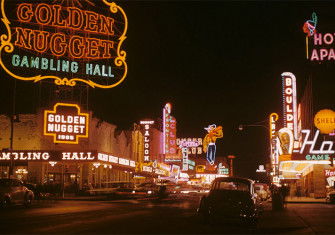The First English National Lottery
In 1567, permission for the holding of ‘a very rich Lottery General’ in England was granted by an increasingly cash-strapped Elizabeth I.
![Prizes from the 1567 English state lottery, from Humfrey Dyson’s A booke [of] proclamations , 1618. Folger Shakespeare Library. Public Domain. Prizes from the 1567 English state lottery, from Humfrey Dyson’s A booke [of] proclamations , 1618. Folger Shakespeare Library. Public Domain.](/sites/default/files/2025-01/elizabeth_i_english_national_lottery_history_today_0.png)
Elizabeth I and her Privy Councillors had constantly to seek fresh sources of income. Spasmodic royal extravagance and a creaking administration vied with each other in draining the exchequer. The essential conservatism of the government’s fiscal policy, trimming here or selling royal lands there, occasionally grew bolder as some new scheme for profit and perhaps useful application was suggested.
The lottery for fund raising was an idea imported from Italy, probably by John Calthrope (or Calthorp), but it is no surprise to find an Italian name mentioned by Cecil in his note of March 1567, where he states that permission for a lottery had been given to Peter Grimaldi and George Gilpin.
In September of the same year State Papers refer to ‘the lottery that was in London’, and it looks as if this was a private scheme that the Queen decided to take up when it looked promising. At any rate, the printer Henry Bynneman produced a publicity broadsheet in August 1567 that listed and illustrated in tempting detail the prizes on offer in the first royal national lottery:







